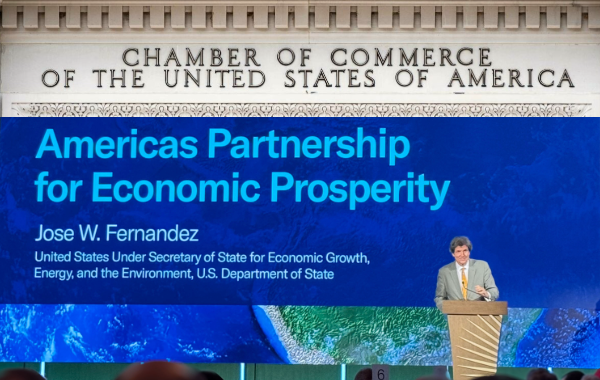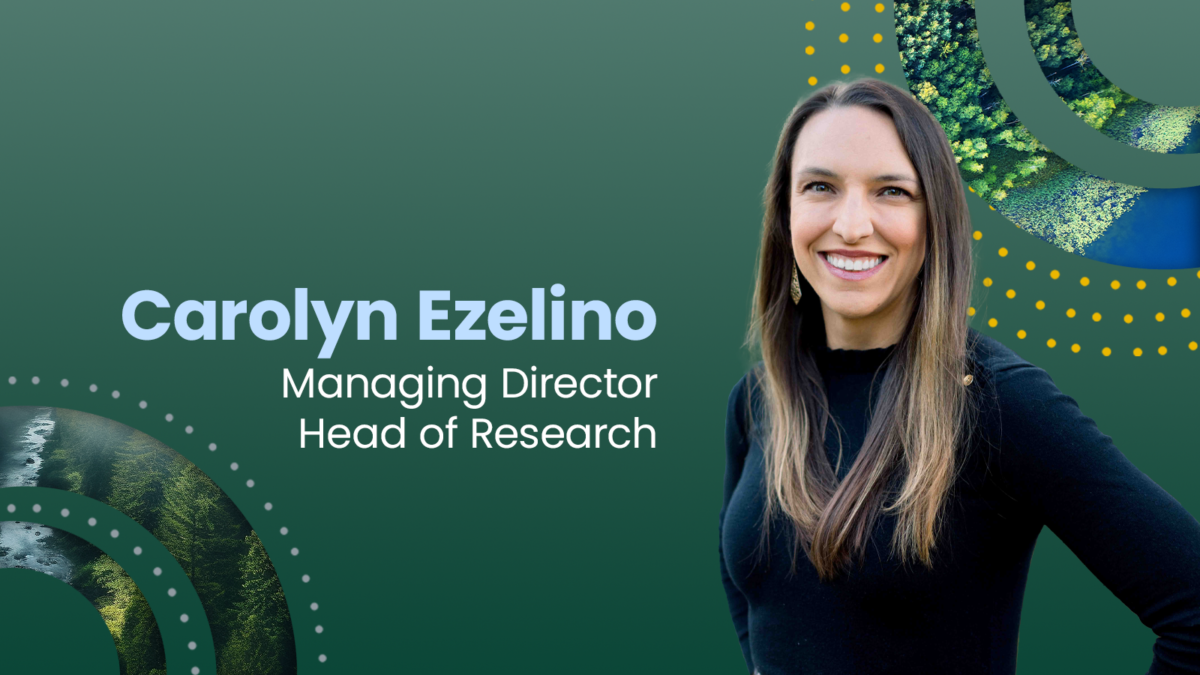Barron’s, By Robert Milburn
September 6, 2013
This week, the University of Utah announced that the Sorenson Impact Foundation, which invests in philanthropic-minded entrepreneurs, would fund five early-stage social-impact investments that were hand selected by its students. Total investment: $2 million.
Not a lot of money, but part of that growing nexus where financial investments and philanthropy intersect. In “The Profits of Good Works,” we reported on how a nonprofit, B Lab, was building a Moody’s-style system certifying businesses that were “socially beneficial.” Examples of certified firms range from an environmentally friendly wind farm to an affordable housing construction company in India. The Utah university students, through the Sorenson Global Impact Investing Center (SGII), are going beyond B Lab’s neutral certification process by identifying what they think are the most viable businesses that will have the greatest social impact in the future.
The foundation will, for example, fund Liberty & Justice, a fair-trade apparel manufacturer based in Liberia and Ghana. Chid Liberty, the company’s founder, is a Liberian-born son of a diplomat, whose family left the country in the early ’80s following the bloody coup and subsequent ethnic strife. After 28 years abroad, Liberty returned in 2009 with the idea of providing employment for internally displaced women.
Liberty’s Liberian factory was the first African facility to be Fair Trade Certified. The company now employs 200 people, 90% of which are women. Furthermore, these women often earn more than the country’s much coveted government positions, receive health benefits, and can own a share of the company (49% of its Liberian operations are owned by the workers).
The difficulties facing philanthropic-minded entrepreneurs like Liberty are numerous. “What we’re seeing in the space is that a lot of these enterprises win a small business competition, do an early stage incubator, and tap their network of friends and family for that initial injection of capital,” says Lewis Hower, SGII’s managing director. But after they work through that capital, they are not quite viable for a more commercial venture capital firm. The danger, says Hower, is that many of these businesses are forced to shutter in this in-between phase.
The Sorenson Impact Foundation’s investment, about $400,000, provided Liberty & Justice with that bridge, allowing the firm to put the finishing touches on a manufacturing facility in Ghana. That allows the company to fill a half million dollar order from Haggar, the U.S.-based men’s apparel manufacturer.
SGII was founded in January after local businessman James Lee Sorenson donated $13 million for its establishment. The impact investing institute draws influence from the college’s University Venture Fund, now the largest student-run venture capital firm in the country with $18.2 million in assets under management. “The model proved that with adult guidance and training, university students could do really high level due diligence and analysis in the venture capital space,” says Hower.
But when the university began exploring their options, it found that launching another fund would do little to move the needle in the nascent social-impact investing arena. There were a lot of visionaries and generals leading the pack but not a lot of foot soldiers doing the grunt work. “Our idea was to address the human capital concerns and train the next generation of leaders” to analyze such businesses, Hower says, to help funds, foundations, family offices, and social entrepreneurs build out the growing infrastructure and platforms devoted to social-impact investing. SGII charges range from $2,500 for a market research report to an annual retainer fee of as much as $200,000 for its all-in services.
Together with partners like VillageCapital, which helps investors find socially-conscious businesses, SGII students cull through about 50 potential deals until they whittle the list to a few, that meet the specifications of clients like family offices. This short-list of firms then get the full due diligence review. In the first half of this year, the students selected eight businesses for the Sorenson Impact Foundation, and of these five were granted funding. On the business development side, SGII sends student fellows abroad to help budding entrepreneurs in places like Kenya to develop their business plans and lay the groundwork for early-stage financing.
And yet, there is still some doubt about whether social-impact investing will ever be considered a sector. Social-impact experts like Karl Muth, a former consulting economist to Grameen Bank, is among them. “Impact itself is not a sector, rather, it’s a characteristic,” says Muth. He points to the car sharing company Zipcar. While it may have socially-positive outcomes, like cutting emissions and congestion in heavily populated areas, the original intent was not necessarily to solve social issues.
The question for Muth is, ‘Are these investments just perhaps more desirable to investors now than they were historically?’ It’s likely the internet, and the democratization of information generally, is playing a role here. When investors can visit a website addressing poverty in Africa, connect with a related business via Facebook, then Skype with that entrepreneur from his U.S. headquarters, it allows folks to increase the scope of their endeavors and be more creative in their approach. The more messianic social-impacting boosters claim an entirely new way of 21st century investing is being invented, a bit of hype that should be treated with skepticism.
Asked to respond to such thoughts, Hower of SGII agrees that the social-impact space has yet to prove itself as a standalone asset class, but thinks it will likely become part of a broader philanthropy portfolio, made up of grant-giving and well-thought out investments. “We can’t rely on pure donation capital because there is simply not enough money out there to address the issues,” Hower says. No doubt about it. Applying market-driven principles and its rigorous measurements to impact investing will extend the reach of do-good dollars beyond just a drop in the alms bucket.
It’s fairly laborious, though, for lean private foundations to carry-out the due diligence required to vet a socially conscious small business, and then structure a deal that makes economic sense. So bespoke impact consultants like Madeira Global, Watershed Capital and Sonen Capital have also emerged to serve the high net worth space, finding clients deals that fund socially-conscious businesses.
For those who expend great effort sneering at such social-impact investing efforts as squishy nonsense, we suggest you remember this – more investment choices never hurt capitalism.
See the full article on Barrons.


